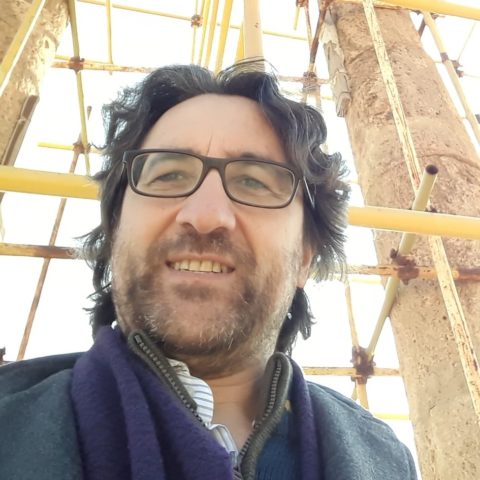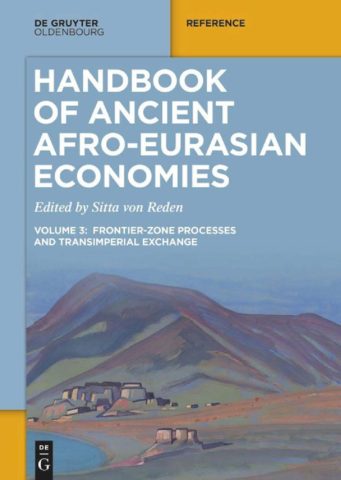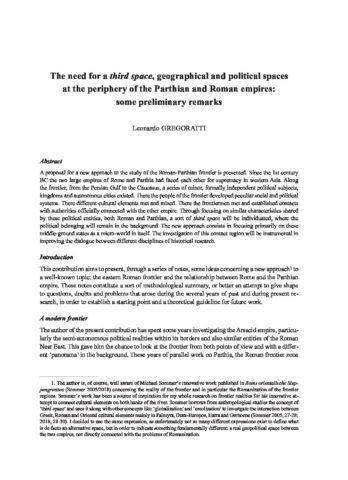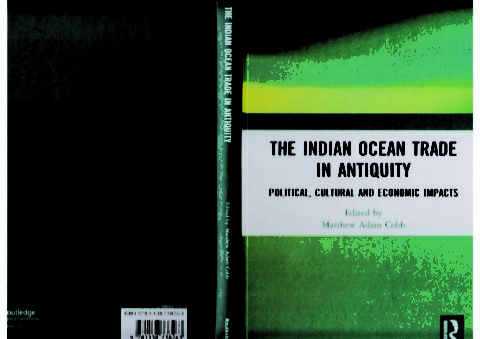Handbook of Ancient Afro-Eurasian Economies Volume 3: Frontier-Zone Processes and Transimperial Exchange
The Handbook of Ancient Afro-Eurasian Economies offers in three volumes the first comprehensive discussion of economic development in the empires of the Afro-Eurasian world region to elucidate the conditions under which large quantities of goods and people moved across continents and between empires. Volume 3: Frontier-Zone Processes and Transimperial Exchange analyzes frontier zones as particular landscapes of encounter, economic development, and transimperial network formation.



